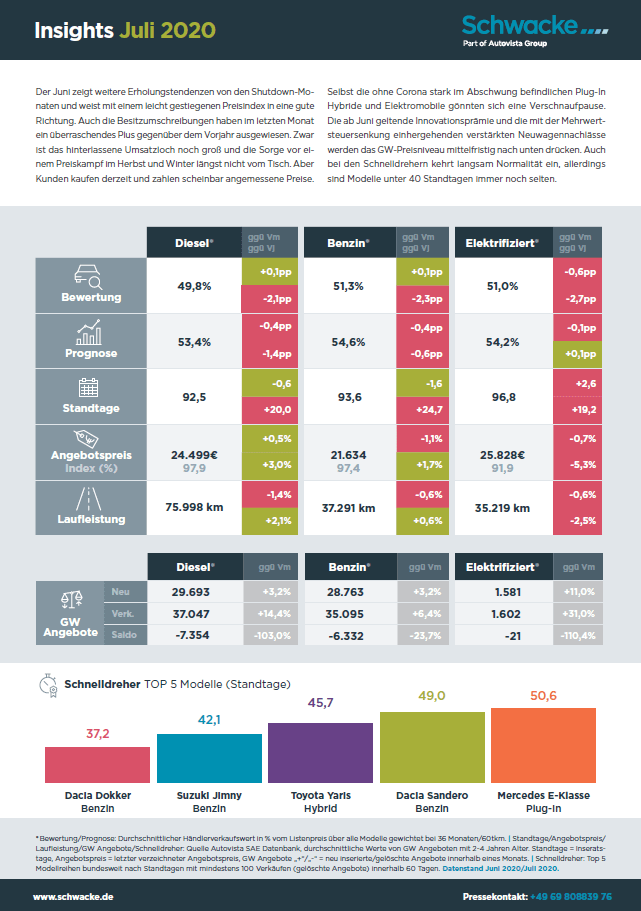With the safety systems for both vehicle occupants and pedestrians improving, Autovista Group’s Daily Brief team looks at the technology being introduced to help towards Europe’s vision of zero road fatalities by 2050. This includes developments in autonomous technology alongside advanced vehicle systems, and improved crash structures…
You can view more video content from the Daily Brief team on our dedicated YouTube channel. Click here and subscribe to be notified of new content when it becomes available.

 Schließen
Schließen